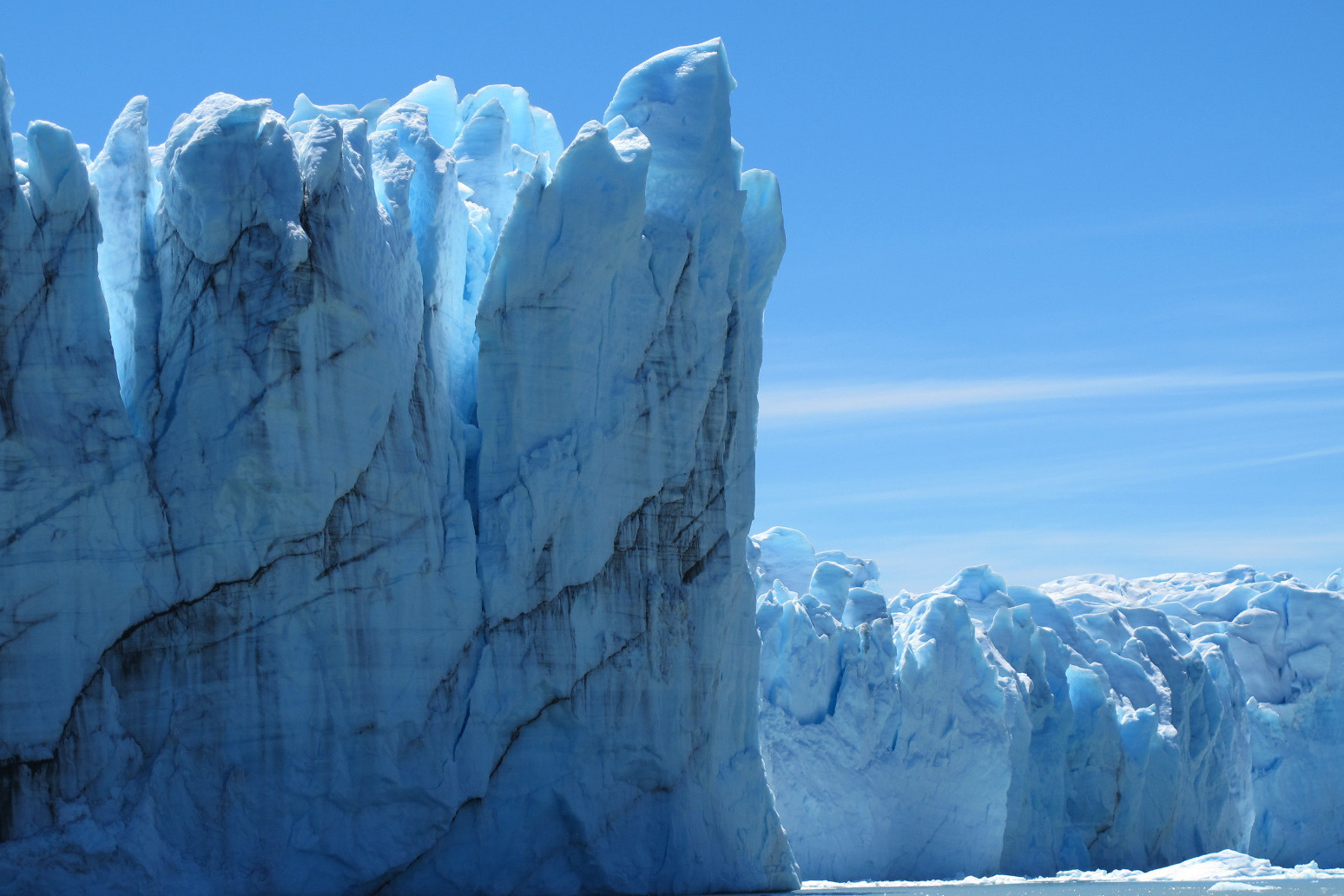
80% of Earth’s glaciers ‘will be gone by 2100 if global temperatures rise by 4C’
The findings have been published in the journal Science
More than three-quarters of Earth’s glaciers may be gone by the end of the century if investment in fossil fuels continues and global temperatures rise by 4C, scientists have warned.
The researchers said that, even in a best-case scenario – where the increase in global mean temperature is limited to 1.5C relative to pre-industrial levels – around half of the planet’s glaciers will disappear.
The findings, published in the journal Science, are based on a new modelling method developed by experts in the US, Canada and Europe, who used the most recent data available to predict how glaciers would respond to climate change.
The authors, led by David Rounce, an assistant professor of civil and environmental engineering at Carnegie Mellon University in the US, wrote: “Every increase in temperature has significant consequences with respect to glacier contribution to sea level rise, the loss of glaciers around the world, and changes to hydrology, ecology, and natural hazards.
“Regardless of the temperature change scenario, all regions will experience considerable deglaciation at local scales, with roughly half of the world’s glaciers by number projected to be lost by 2100, even if temperature increase is limited to 1.5C.”
For the study, the scientists looked at data sets for more than 215,000 glaciers on Earth – excluding the ice sheets in Greenland and Antarctica.
They calculated the loss of glacial mass based on four global mean temperature increase scenarios: 1.5C, 2C, 3C, and 4C, relative to pre-industrial levels.
The findings suggest that glaciers are projected to lose 26% to 41% of their total mass by 2100, based on temperature rises of 1.5C to 4C respectively.
According to the authors, this means that, even where global mean temperature increase is limited to 1.5C, as many as half of the planet’s glaciers will be gone by 2100, contributing to a sea-level rise of 90mm (3.5in).
And a 4C increase in temperature means more than 80% of the world’s glaciers could well disappear, leading to a 154mm (6in) sea level rise, the researchers predict.
Based on the current climate pledges by governments around the world, it is estimated global mean temperature will rise by 2.7C by 2100.
According to the researchers, this means smaller glacial regions like Central Europe and Western Canada and the US are at risk of disappearing.
Commenting on the research, Antonio Ruiz de Elvira, a professor of applied physics at the University of Alcala, who was not involved in the study, said the modelling “fails to consider the possibility of the total lack of climate change mitigation which is foreseeable”, despite the pledges made during climate change conferences.
He said that, while the study is good, it does not cover Greenland’s glaciers, and “the consequences for humanity are much greater if Greenland’s glaciers slide into the sea”.
Professor de Elvira added: “All existing evidence is consistent with the results of this paper, and the authors have taken into account the possible limitations of their models and calculations.”
He also said the study makes much of the earlier partial data more concrete.
He added: “In California, the water needed to sustain agriculture comes from glaciers directly from the end of July.
“In Spain, the disappearance of the Sierra Nevada glaciers means an almost complete reduction in water availability there from that time onwards, and the same applies to the glaciers in the Pyrenees.
“In India and China, they depend crucially on the Himalayan glaciers.”
Published: by Radio NewsHub